The CCTST Ethics, Regulatory Knowledge, & Support core, along with the University of Cincinnati Human Research Protection Program, are hosting a panel discussion on the diverse perspectives in community-engaged research. The virtual event is on Wednesday, August 31st from 11:30am-1pm. Zoom link can be found here.
The panel will discuss community-engaged research strategies and experiences toward a deeper understanding of common challenges and tips for achieving successful partnerships and research outcomes.
Panelists include:
Dr. Rebecca C. Lee is an Associate Professor of Nursing in the University of Cincinnati College of Nursing and is a skilled qualitative, mixed methods, and quality improvement researcher who conducts research informed by community-engagement. She holds advanced certification in Community/Public Health Nursing as well as Advanced Transcultural Nursing. She was inducted as a Transcultural Scholar by the Transcultural Nursing Society. She is also a member of the Center for Improvement Science (CIS), the UC IRB as well as the Ethics Center Steering Committee.
Kareemah Mills is the Associate Director of the Human Research Protection Program at the University of Cincinnati. She specializes in the regulatory requirements for initiating and maintaining reliance agreements on multisite studies utilizing a single IRB. She assisted with the formation of the National Institutes of Health StrokeNet Central IRB. Kareemah has also led in establishing the University of Cincinnati IRB as the single IRB of record for many other federally funded clinical trials and collaborative research studies through training and partnerships with research teams and organizations to reduce administrative burden and enhance quality oversight.
Michelle Merrett is a community advocate and prisoner representative on the University of Cincinnati IRB. She serves as chair of a nonprofit organization that operates a community garden helping low-income residents grow their own food and practice healthier eating habits. She holds degrees in Criminal Justice and Human Resources and has over 30 years of state and federal service in the criminal justice system including her role as a U.S. federal probation officer. Michelle has created community partnerships with children’s programs and community resource agencies.
Stephanie Schuckman is a Program Manager and Team Science Faculty at the University of Cincinnati College of Medicine Center for Clinical & Translational Science & Training (CCTST). She divides her effort between the Center for Improvement Science (CIS) and Translational Workforce Development (TWD) cores, facilitating Team Science workshops, DEI educational seminars and career pathways in clinical research. Stephanie began her career as a financial broker and adjunct professor at Fidelity Investments and Xavier University. She earned her MA in Educational Studies, concentrating in Community-Engaged Research in 2019 and most recently certified in Intercultural Development Inventory (IDI) assessment and as a Life Coach (CLC).


